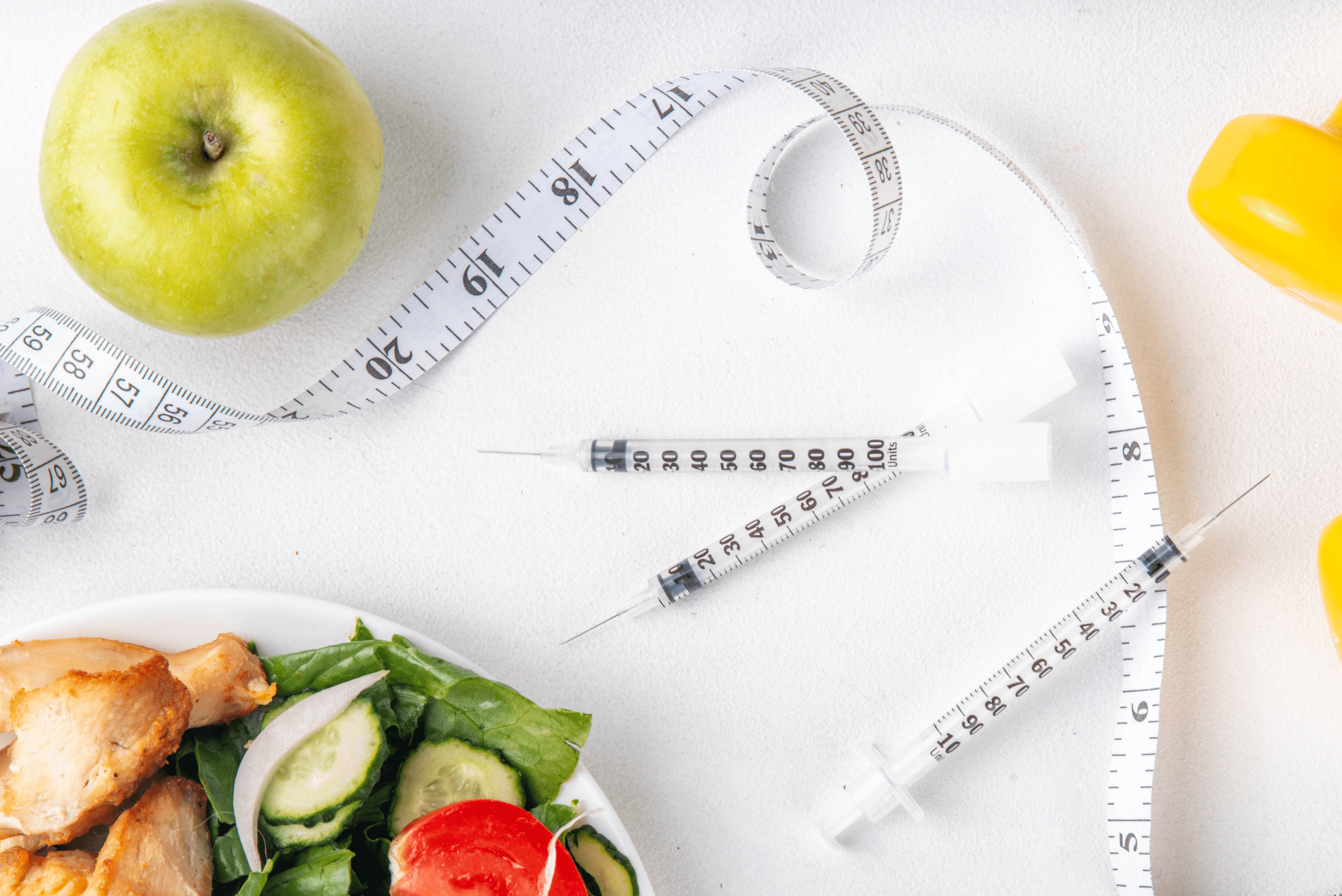Here’s what happens to your body when you drink tea
(You actually can consume too much caffeine. Here are the risks.)
Meanwhile, L-theanine, a non-protein amino acid found almost exclusively in tea, promotes relaxation and enhances cognitive performance. Numerous studies show that L-theanine, enhances concentration, improves memory retention, helps with stress, and may protect against chronic diseases.
“It also gives you a little bit of umami,” a savory flavor that enhances the taste of food, says Quan Vuong, a nutrition researcher at the University of Newcastle, Australia.
Matcha tea, in particular, is rich in L-theanine, with ceremonial-grade varieties offering the highest concentrations due to their shade-growing process. In comparison, herbal teas, which are made using a mixture of different herbs and spices, provide caffeine-free alternatives rich in antioxidants. For example, rooibos, a South African herbal tea, is rich in aspalathin, a flavonoid that may help regulate blood sugar.
In addition to L-theanine, tea contains small amounts of the neurotransmitter GABA (gamma-aminobutyric acid), which may enhance its calming effects and help reduce anxiety.
Share this article:












